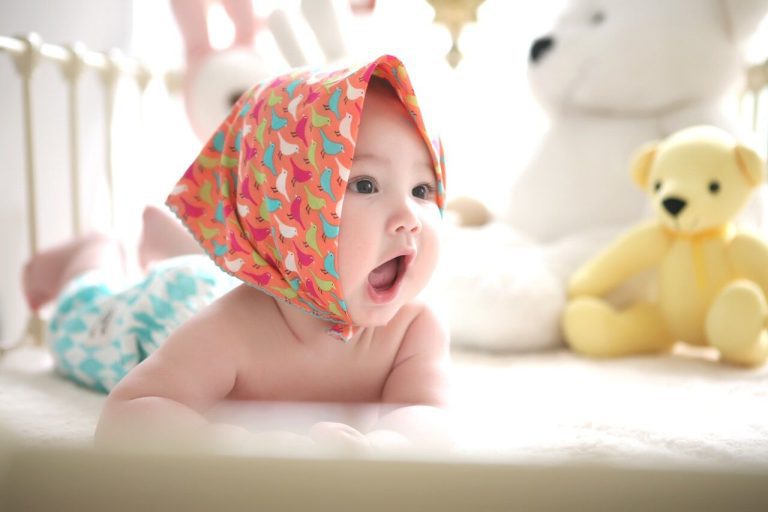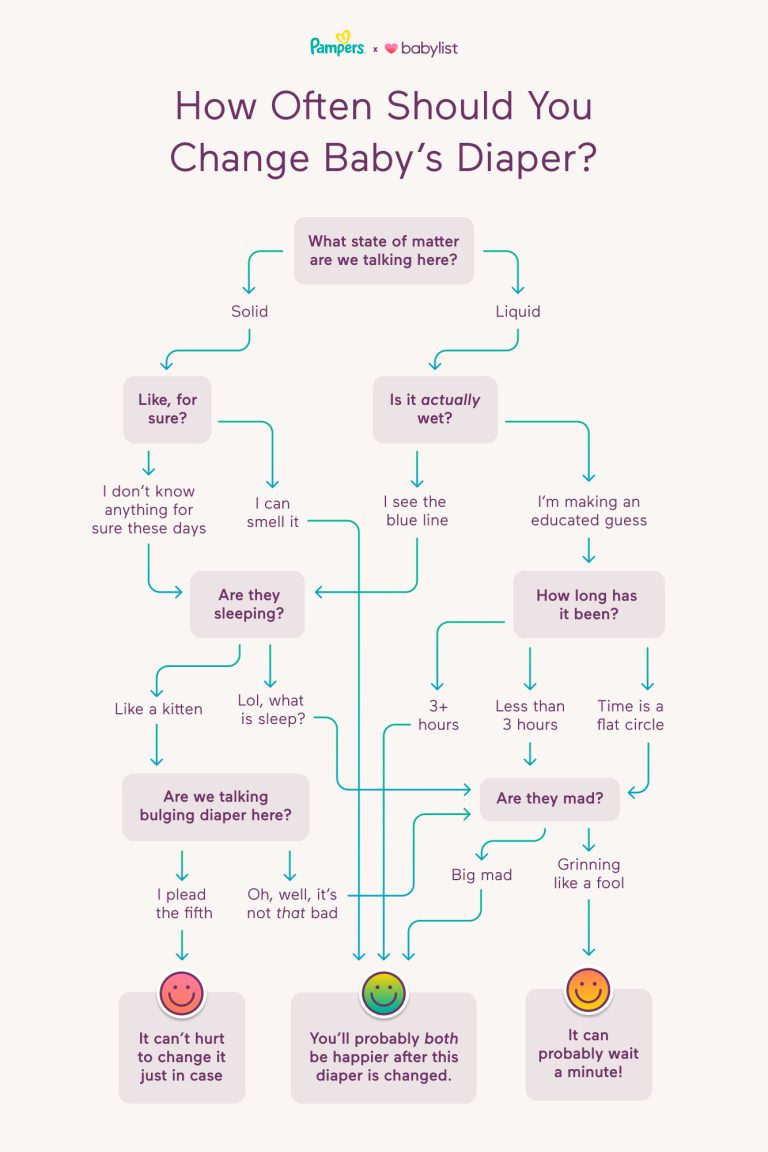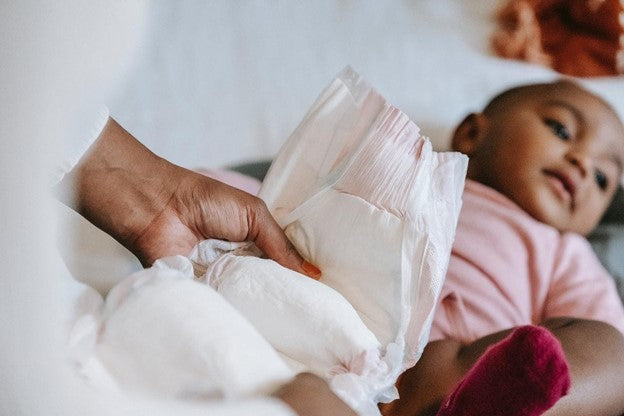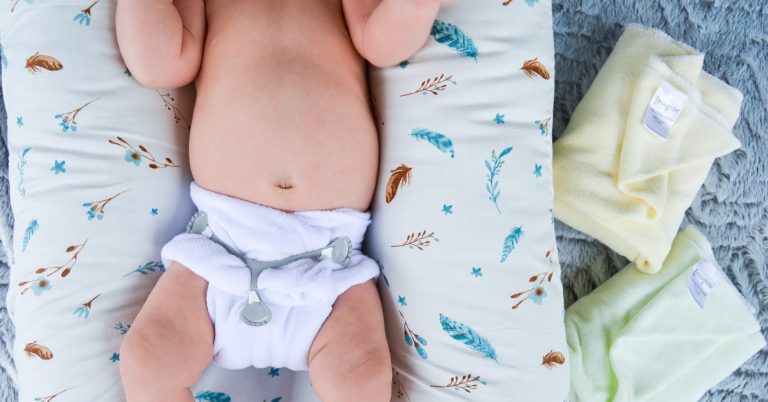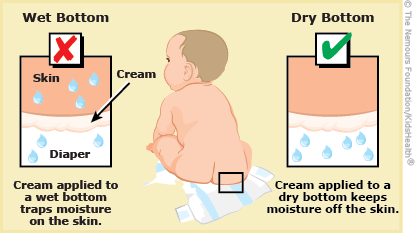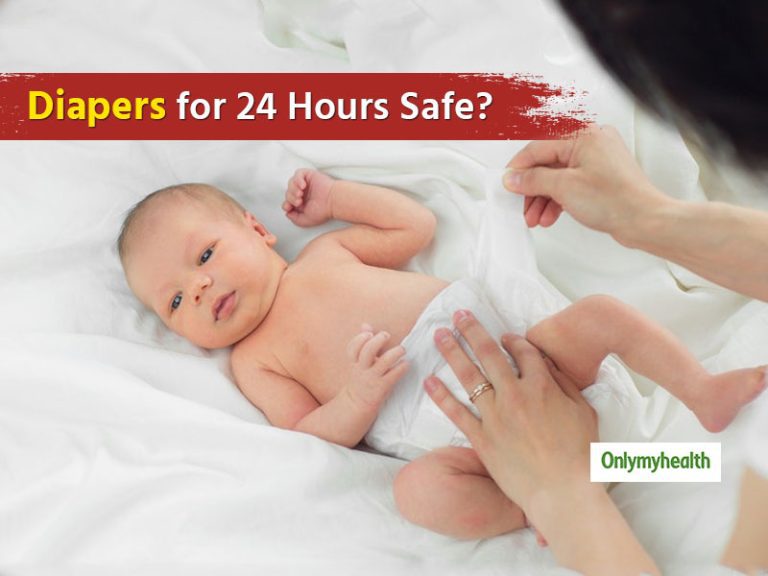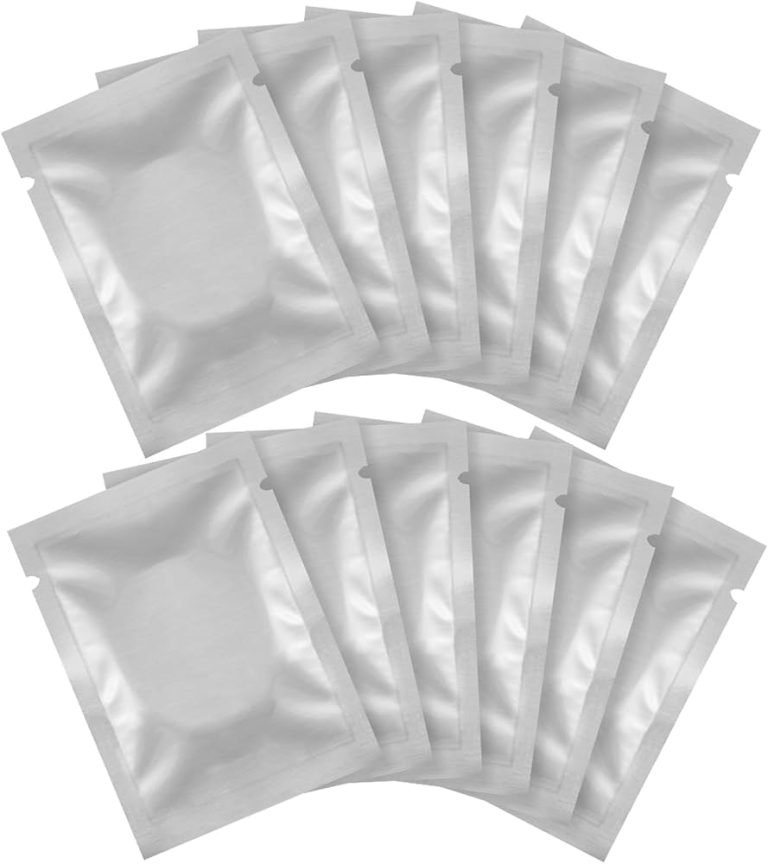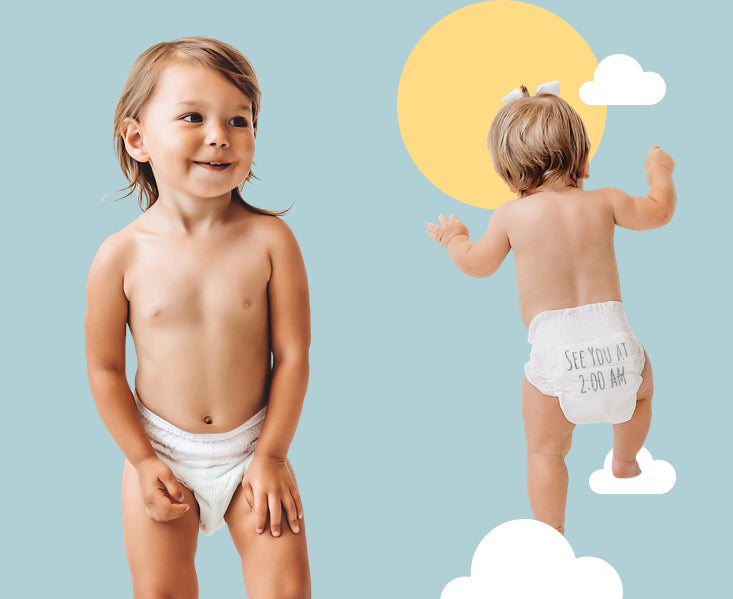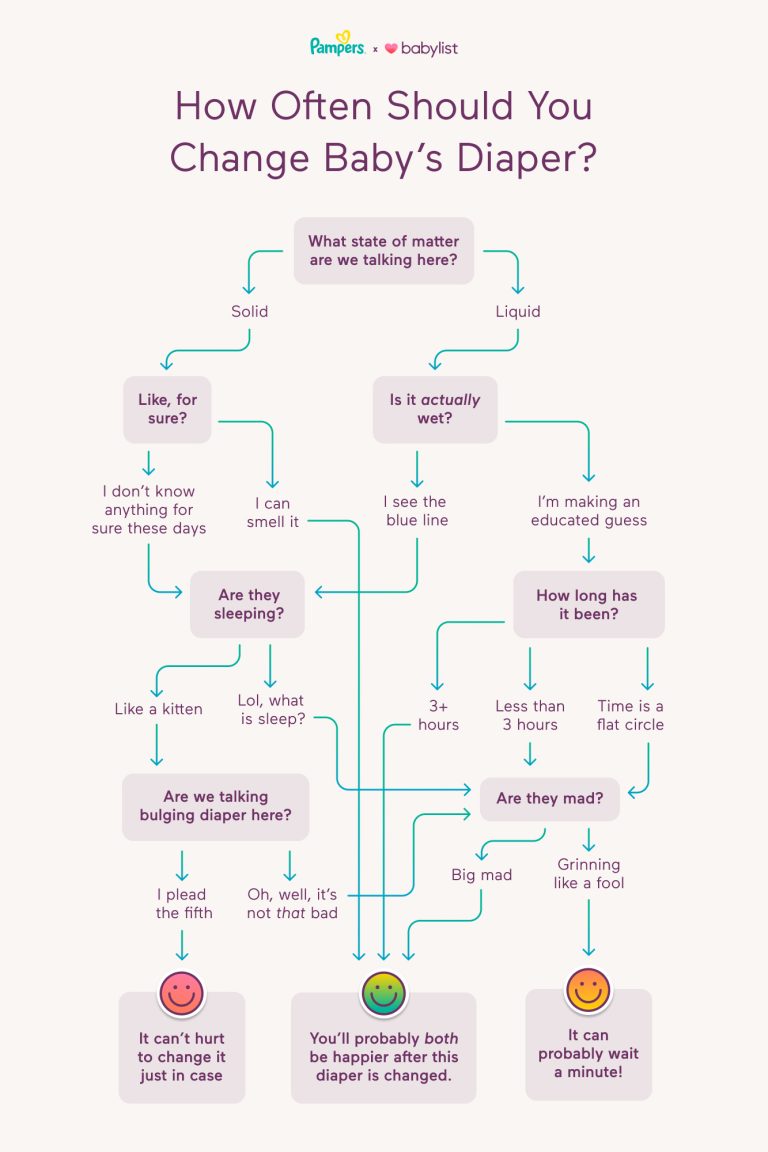Is Baby Diapers FSA Eligible? Find Out Now!
No, baby diapers are not FSA eligible. FSA funds can only be used for medical expenses. Understanding what qualifies for FSA (Flexible Spending Account) eligibility is crucial for effective financial planning. FSAs are designed to cover medical expenses, which often leads to confusion about what items can be purchased with FSA funds. Parents frequently wonder…

